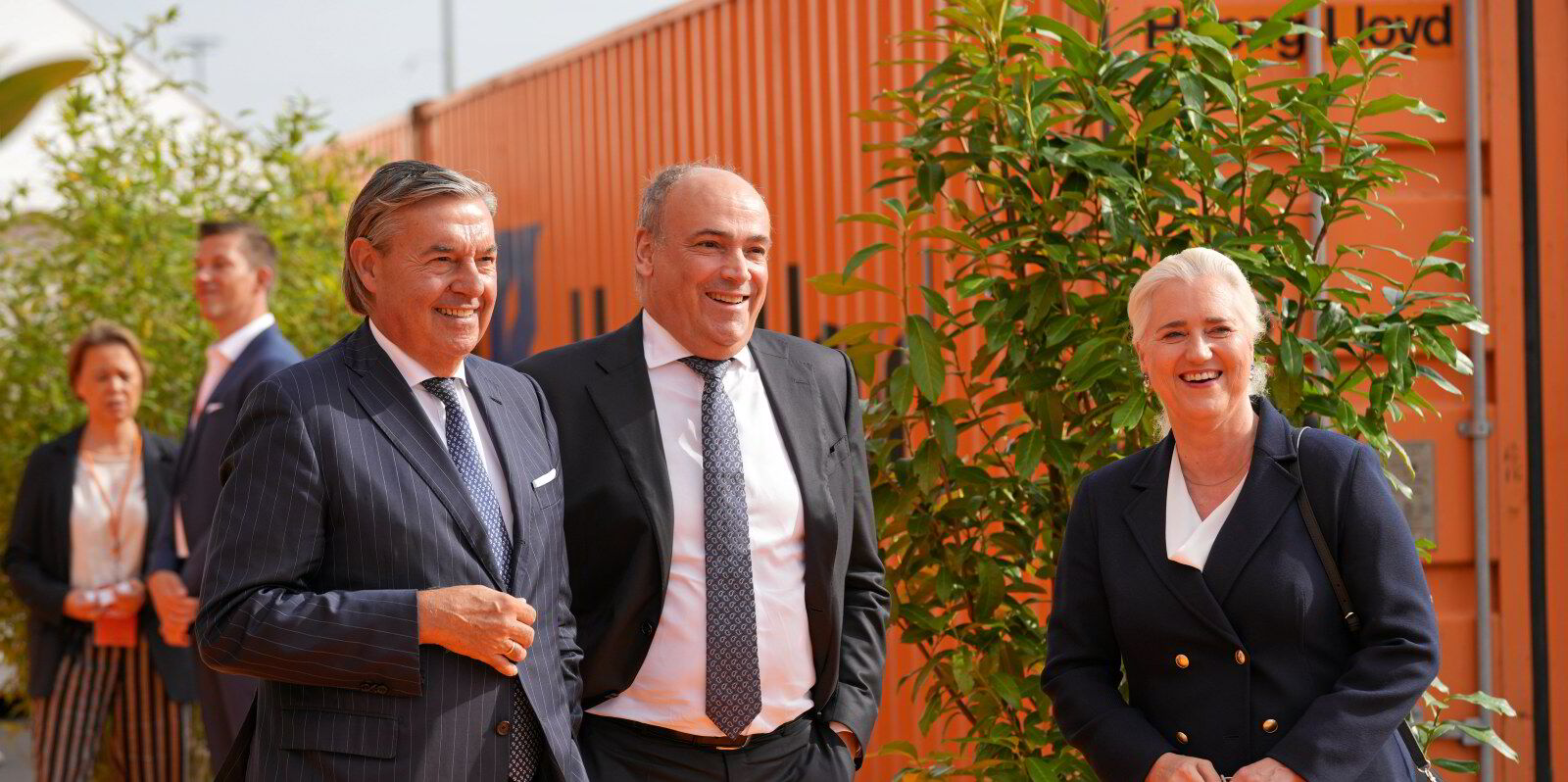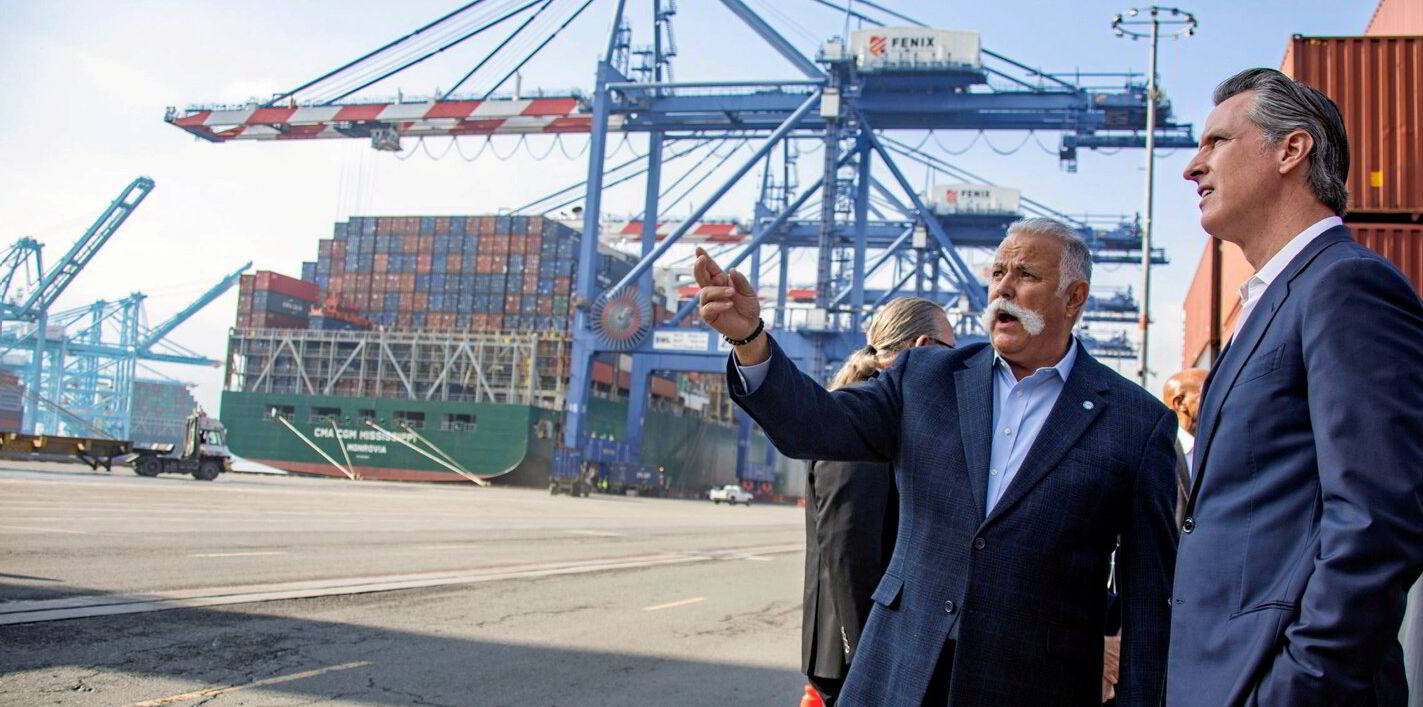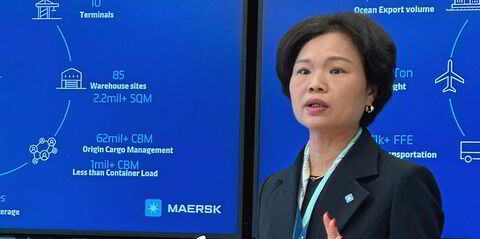High cost and lack of infrastructure are the biggest drags on the uptake of low-carbon fuels, according to a survey by law firm Reed Smith.
The UK company asked 47 of its clients about what they saw as barriers to future fuel use.
The price of sustainable energy and inadequate supply chains emerged as the main problems over the next decade.
Clients in shipping, aviation, logistics, manufacturing, utilities and environmental services were quizzed.
Almost half of respondents believe that it would take more than 15 years for transport to be powered by 100% sustainable fuel sources.
The same proportion cited dual fuel, with LNG as the most likely transitional fuel over the next three to five years.
One-third of clients said uncertainty in interpreting or ensuring compliance with new or complex regulations is their key worry in transitioning towards sustainable fuel sources.
And nearly half think biofuel and green hydrogen are the key eco-fuels that have the most potential for wide-scale application.
Reed Smith transportation partner Antonia Panayides noted the transformations in the industry over the past decade, propelled by technological advancements, regulatory shifts and environmental objectives.
The global pandemic and geopolitical dynamics have underscored the imperative for foresight and adaptability, she argues.
Engaging directly
“Identifying the best solution, taking into account factors such as cost, safety, storage and scalability, poses a significant challenge,” she said.
“Therefore, we decided to engage directly with our clients, who are deeply immersed in these issues, to gain insights into their forecasts, perspectives, and to understand the biggest challenges they face.”
Shipping partner Thor Maalouf is unsurprised that respondents have more confidence in green biomass-derived fuels rather than “blue” fuels, created artificially using electricity or other power generated from sustainable sources.
She believes the regulatory outlook is less clear for these fuels than for green bunkers.
And transportation partner Nick Austin said the survey reflected the firm’s experience in maritime decarbonisation, where companies are facing new costs, such as the European Union Emissions Trading System.
“The reality is that a fundamental change in marine fuels will inevitably require both higher cost and new regulation,” he said.
Clients have also voiced concerns over a lack of commitment from governments to support the new global infrastructure critical to sustainable fuel coming to market.
“That will require considerable investment in ports and other land-based facilities at a time of economic uncertainty in many places,” Austin said.





